Situated in the East Champaran district of Bihar, Motihari is a historical town with a treasure trove of tourist attractions waiting to be discovered. It is 152 kilometers northwest of the state capital, Patna.
In its early days, various kingdoms like Videha, Sunga, and Kanvas ruled Motihari. Legend states that Champaran constituted a substantial portion of King Janak’s empire.
Motihari is the city where Mahatma Gandhi started his Satyagraha movement against British rule for the first time. Its delightful locations, historic landmarks, and Buddhist holy sites make it a compelling tourist destination.
Are you ready to take a delightful journey through the picturesque landscapes and rich cultural heritage of Motihari, Bihar? Let’s explore six captivating Motihari tourist places that will leave you in awe.
1. Gandhi Sangrahalaya
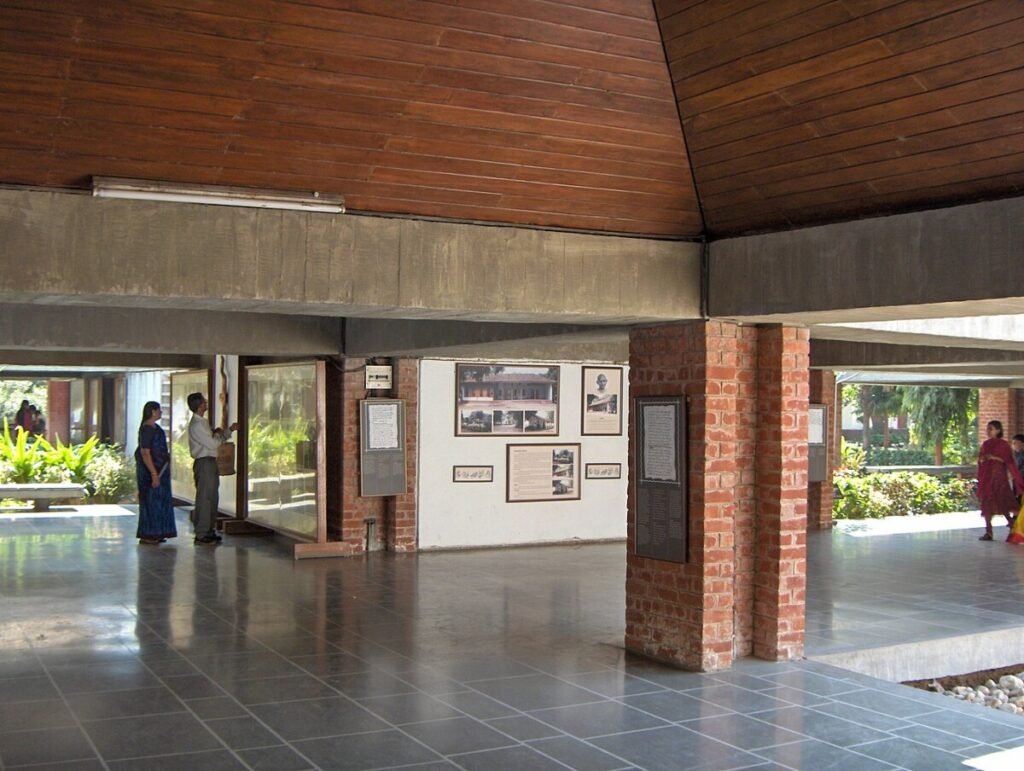
The foundation of the Gandhi memorial pillar was laid by the then Governor, Mr. D.K.Barooch, on June 10, 1972. Mr. Vidyakar Kavi, an ardent follower of Mahatma Gandhi, dedicated it to the nation on April 18, 1978.
The renowned artist Nand Lal Bose from Santiniketan designed the Gandhi Memorial pillar. It honors Mahatma Gandhi’s Champaran Satyagraha, during which he bravely opposed the unjust British Indigo planters who oppressed the poor peasants of Champaran. The 48-foot-tall Chunar stone pillar stands at the exact spot where Mahatma Gandhi was brought before the court of the then-S.D.M. in Motihar on April 18, 1917, in violation of orders under section 144 of the Criminal Procedure Code.
Mahatma Gandhi conducted his first Satyagraha experiment on the soil of Motihari in Champaran, marking the beginning of India’s independence movement.
Apart from a library boasting a vast collection of books and magazines, the Gandhi Museum displays a collection of photographs and relics related to the Champaran Satyagraha.
How To Reach:
By Train: Bapudham Motihari Railway Station is the nearest station, approximately 500 m away.
By Road: Chhatauni Bus Stop, NH 28 A, Bhawanizirat, Motihari, approximately 2 km away.
2. Kesaria Baudh Stupa
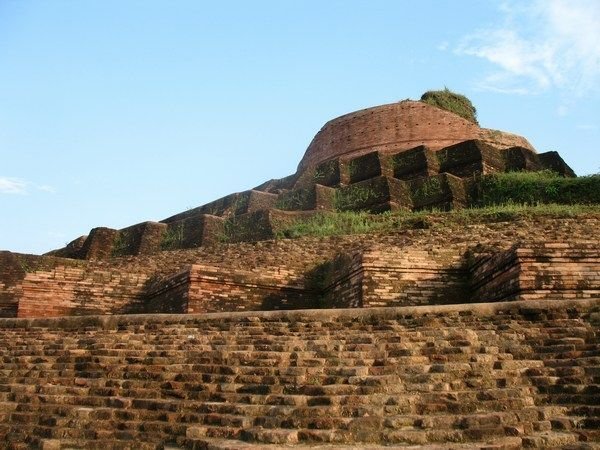
The discovery of the ‘biggest ever Buddhist Stupa’ at Kesaria in Bihar’s East Champaran district has once again highlighted Bihar’s historical significance, making it one of the top Motihari tourist places. Located about 120 kilometers from Patna and 30 miles from Vaishali on the Indo-Nepal border, this Stupa was unearthed by a team of Indian archaeological survey officials in 1998.
The ASI officials said that Bihar is proud to be home to the tallest ever-excavated Stupa in the world. The preservation of Kesaria Stupa marks a milestone in India’s conservation history. Standing at 104 feet, much reduced from its original height, it surpasses the renowned Borobodur Stupa in Java by one foot.
Kesaria holds immense significance in Buddhist history as Lord Buddha visited it during his final journey. Here, he made significant announcements, which were later recorded in Buddhist Jatak – Story. Buddha revealed his past lives as a ruling Chakravarti Raja and urged the Licchivis to return to Vaishali, handing them a “BEGGING BOWL.”
Recent excavations on this site have also revealed terraces with a “Pradakshina path” around the Stupa and numerous figures of Lord Buddha in various poses made of soil and pebbles.
Archaeologists believe that the Stupa, known locally as “Raja Ben ka DEORA,” was constructed by the Licchivis of Vaishali before Buddha attained Nirvana. As documented in his diary, it remains the largest site on the Buddhist route, visited by Chinese pilgrim Hieun Tsang in the seventh century.
How To Reach:
By Train: Chakia is the nearest railway station.
By Road: Kesaria is well-connected to roads in all the places in India. Distance of some places from Kesaria is 55 km from Vaishali, 22 km from Chakia, 80 km from Sonpur, 40 km from Motihari, 75 Km from Muzaffarpur, and 110 km from Patna.
3. Ashokan Pillar, Lauria Areraj
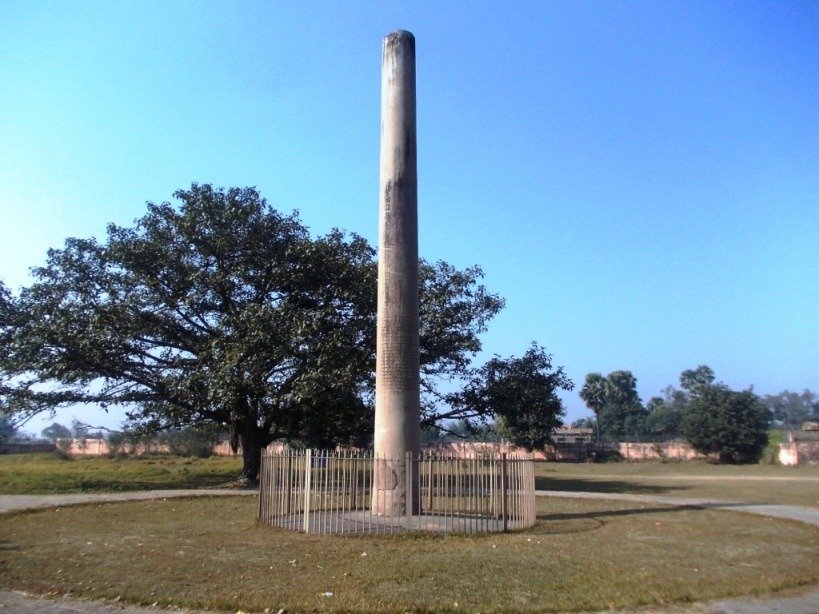
The tall stone column erected by King Ashoka in 249 BC in Lauriya village, Areraj subdivision, stands beside the Areraj – Bettiah road. The “Stambh dharma lekh” holds six of Ashoka’s edicts engraved in well-preserved letters. Made from a single polished sandstone block, it measures 36 ½ feet above ground with a base diameter of 41.8 inches and a top diameter of 37.6 inches, weighing approximately 40 tons.
This pillar has no Capital. Initially, a statue of an animal adorned its top, now housed in the Kolkata Museum. The edicts, divided into two sections, are clear and sincere but have weathered over time. Locals call the pillar “Laur,” signifying a phallus, and the nearby village is named Lauriya in its honor.
The designation of the Ashokan pillar as a protected monument by the Archaeological Survey of India has elevated this site to one of the primary tourist places in Motihari.
How To Reach:
By Train: Bapudham Motihari Railway Station is the nearest station, approximately 30 km away.
By Road: 3 km from Areraj Town in Bihar State Highway 54, Lauriya.
4. Gandhi Memorial Chandrahiah
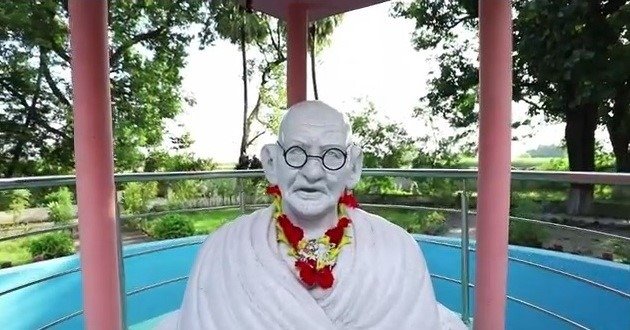
Chandrahiya, a village in Bihar’s East Champaran district, is significant in the Champaran movement. Gandhi ji encountered a halt in this village on April 16, 1917, while traveling to Jasaulipatti. He intended to hear the grievances of farmers forced to grow indigo instead of food crops.
A police official delivered a notice from Champaran’s collector, WB Heycock, ordering Gandhi ji to leave the district immediately. Mahatma Gandhi complied and returned to Motihari on a bullock cart. However, he refused to depart Champaran and, two days later, explained his decision in the sub-divisional magistrate’s court. This marked the beginning of the Champaran Satyagraha.
How To Reach:
By Train: Bapudham Motihari Railway Station is the nearest station, approximately 5 km away.
By Road: Chhatauni Bus Stop, NH 28 A, Bhawanipurzirat, Motihari, approximately 5 km away.
5. Someshwar Shiv Mandir, Areraj
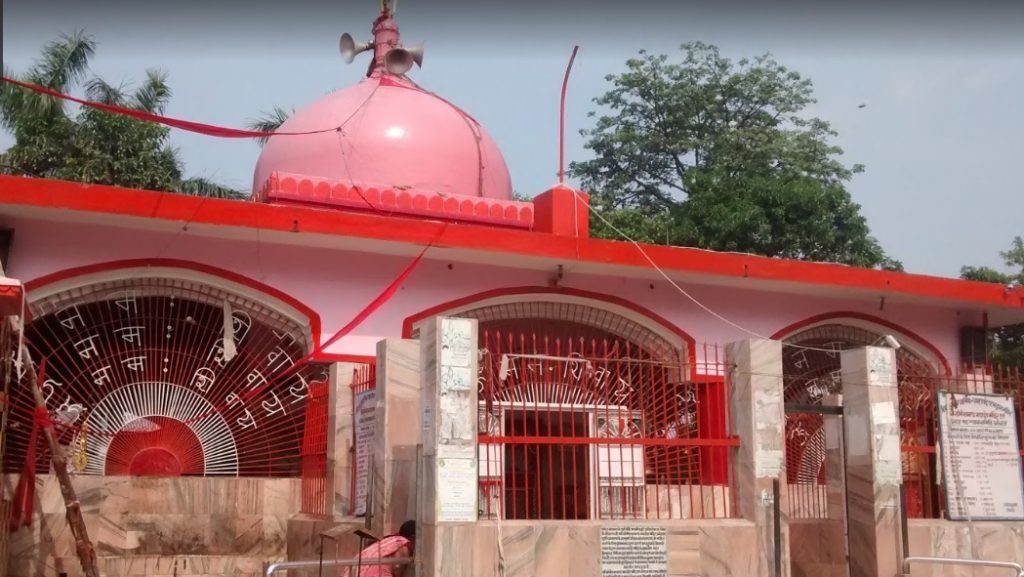
Areraj, a sacred city in North Bihar, is located 28 Km southwest of Motihari and connected by a well-built road. The ancient Someshwar Nath Mahadev Temple draws numerous pilgrims from neighboring districts and even Nepal during the Shravan Mela (July-August).
Starting as a village, Areraj has evolved into a bustling town and now serves as the headquarters of Areraj Subdivision. Additionally, Areraj boasts an Ashokan pillar, a popular tourist attraction all year round, making it one of the Motihari tourist places to add to the bucket list.
How To Reach:
By Train: The nearest central railway station is Motihari.
By Road: Motihari to Areraj is approximately 30 km away.
6. George Orwell Birthplace
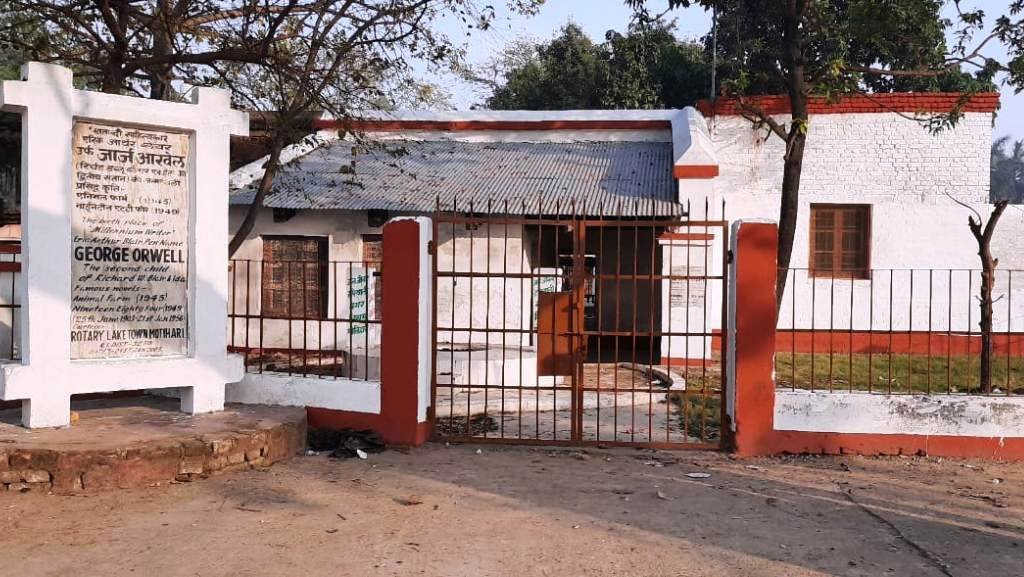
George Orwell, a well-known writer in English literature, was born on June 25, 1903, close to Gopal Sah High School in Motihari. His father worked as a minor British official in the Indian Civil Service. At the same time, his mother, of French descent, was the daughter of a teak merchant in Burma (Myanmar).
Orwell’s famous novels, ‘Nineteen Eighty-Four’ and ‘Animal Farm,’ are significant landmarks in English literature, making Motihari a notable place for tourists interested in exploring the author’s birthtown.
How To Reach:
By Train: Bapudham Motihari Railway Station is the nearest station, approximately 2 km away.
By Road: Chhatauni Bus Stop, NH 28 A, Bhawanipurzirat, Motihari, approximately 3 km away.
Conclusion
Motihari, Bihar, is a destination waiting to be explored and cherished. From historical landmarks to spiritual sanctuaries, this town offers travelers many attractions. So pack your bags, step up on this enriching journey, and immerse yourself in the charm of Motihari. Explore the six Motihari tourist places mentioned above and create memories that will last a lifetime.
